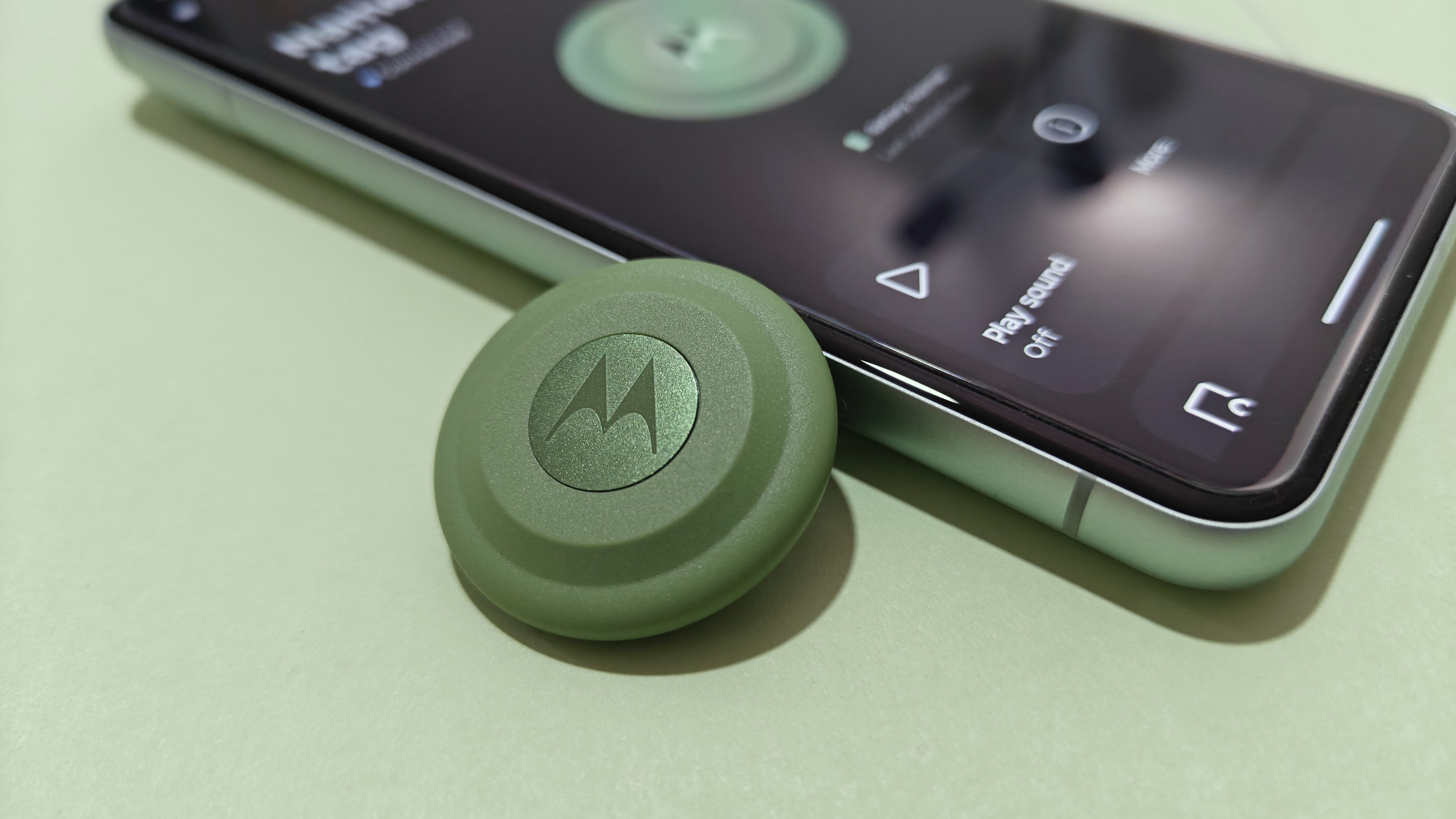News Weekly: OnePlus 13 may borrow a popular iPhone feature, Apple TV Plus gets a new home, and more
A round-up of the biggest Google/Android-related news that stood out this week.
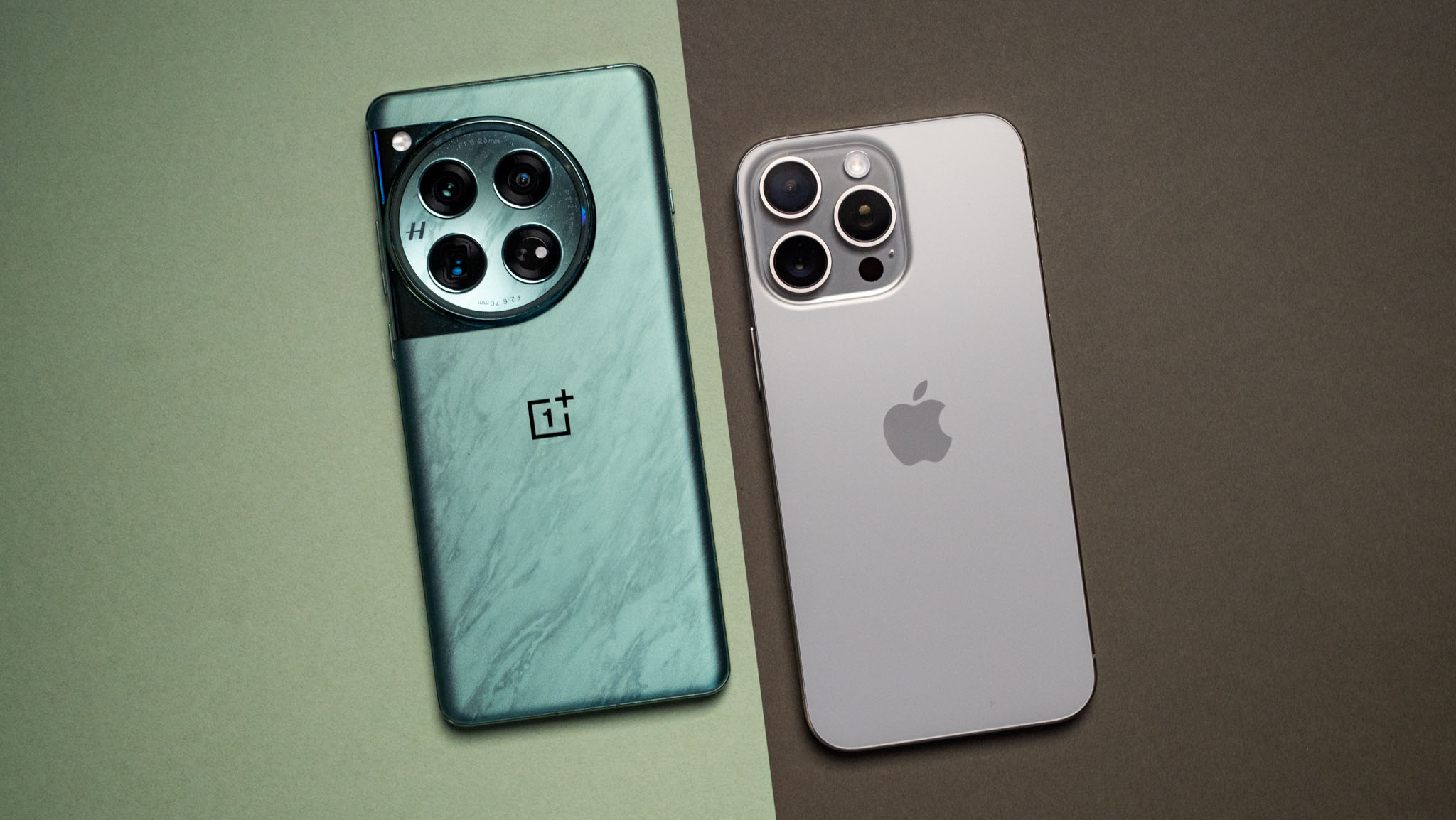

News Weekly is our column where we highlight and summarize some of the week's top stories so you can catch up on the latest tech news.
This is Android Central's News Weekly, your go-to source for a concise roundup of the week's most significant tech stories. This is where we delve into the top headlines that provide the latest developments and innovations contributing to the digital landscape.
This week, the OnePlus 13 may get an exciting new charging feature, Amazon Prime Video picks up Apple TV Plus, Parallels for Chromebooks could be killed, specs of the Snapdragon 8 Gen 4 are leaked, and Garmin could bring MicroLED displays to its watches.
OnePlus may take a page from Apple's MagSafe playbook
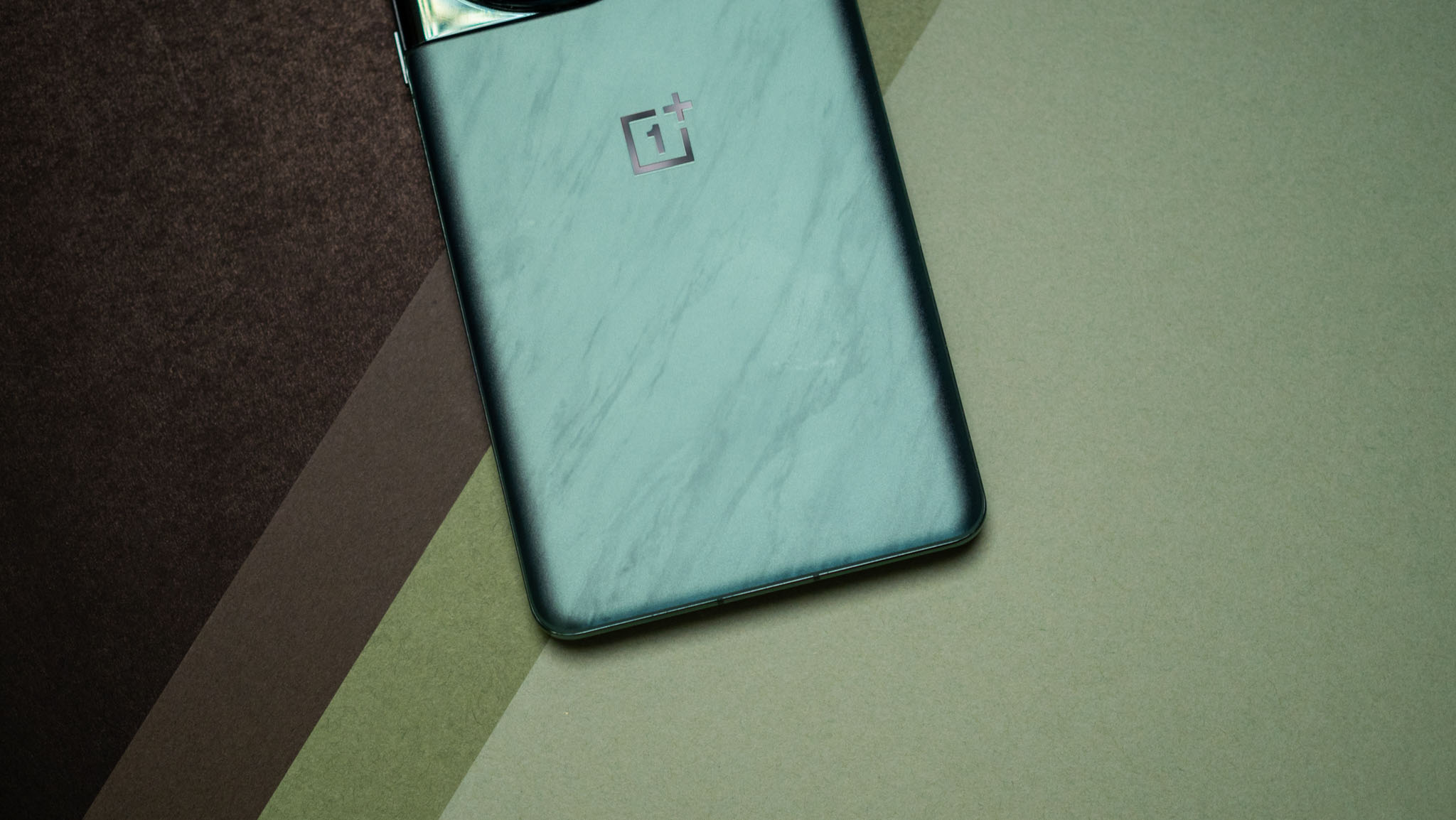
Read more here.
Magnetic charging hasn't been a thing on Android, with the most popular brands, such as Google and Samsung, seemingly content to ignore it. Now, the OnePlus 13 is teased to have some sort of magnetic charging associated with it, which sounds like an exciting development after major flagships snubbed the feature in 2024.
OnePlus President and COO Kinder Liu recently shared a screenshot of a chat via Weibo, seemingly confirming that the phone will feature a "magnetic suction function." It's not clear if this will be based on the Qi2 standard, which is only present on one Android phone, but it wouldn't be too surprising given what we've seen from OnePlus sister company, OPPO. The company showed off magnetic charging on the Find X8, with accessories that will apparently work with the iPhone.
We've been waiting to see Qi2 come to more Android phones, and this could be the start of a major shift in Android charging. The OnePlus 13 is expected to launch later this year.
You'll soon be able to watch Apple TV Plus from your Android phone
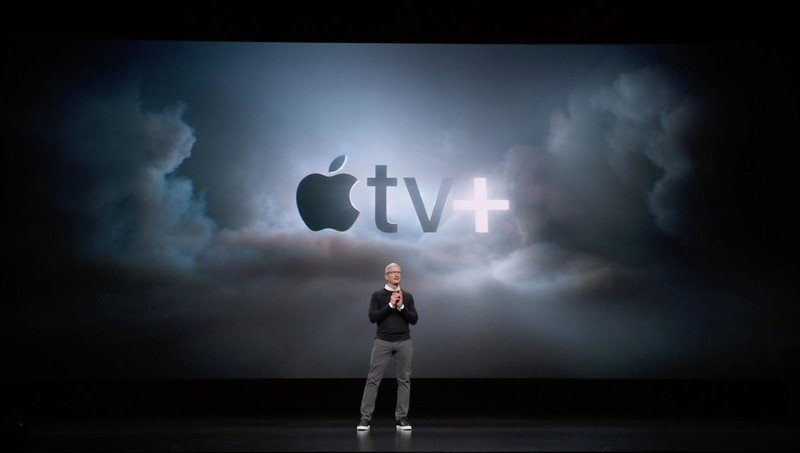
Read more here.
Get the latest news from Android Central, your trusted companion in the world of Android
Amazon announced this week that it's bringing Apple TV Plus to its platform, meaning anyone subscribed to the streaming service will be able to view content via the Prime Video app.
This is a big deal because while Apple Music is available on Android, Apple TV Plus is not, meaning Android users will have to rely on other means to watch shows like "Foundation" and "Severance." Bringing Apple TV content to Prime Video should no doubt be the easiest way to watch on Android devices, short of Apple launching an official app.
Amazon did not announce a specific date when the service will be available, but it should launch later this month, joining plenty of other streaming services available through Prime Video. For now, it looks like it will launch in the U.S. only, although it will eventually expand to additional regions.
Users can subscribe to Apple TV Plus via Prime Video for $9.99 per month.
Chromebooks could soon lose Windows
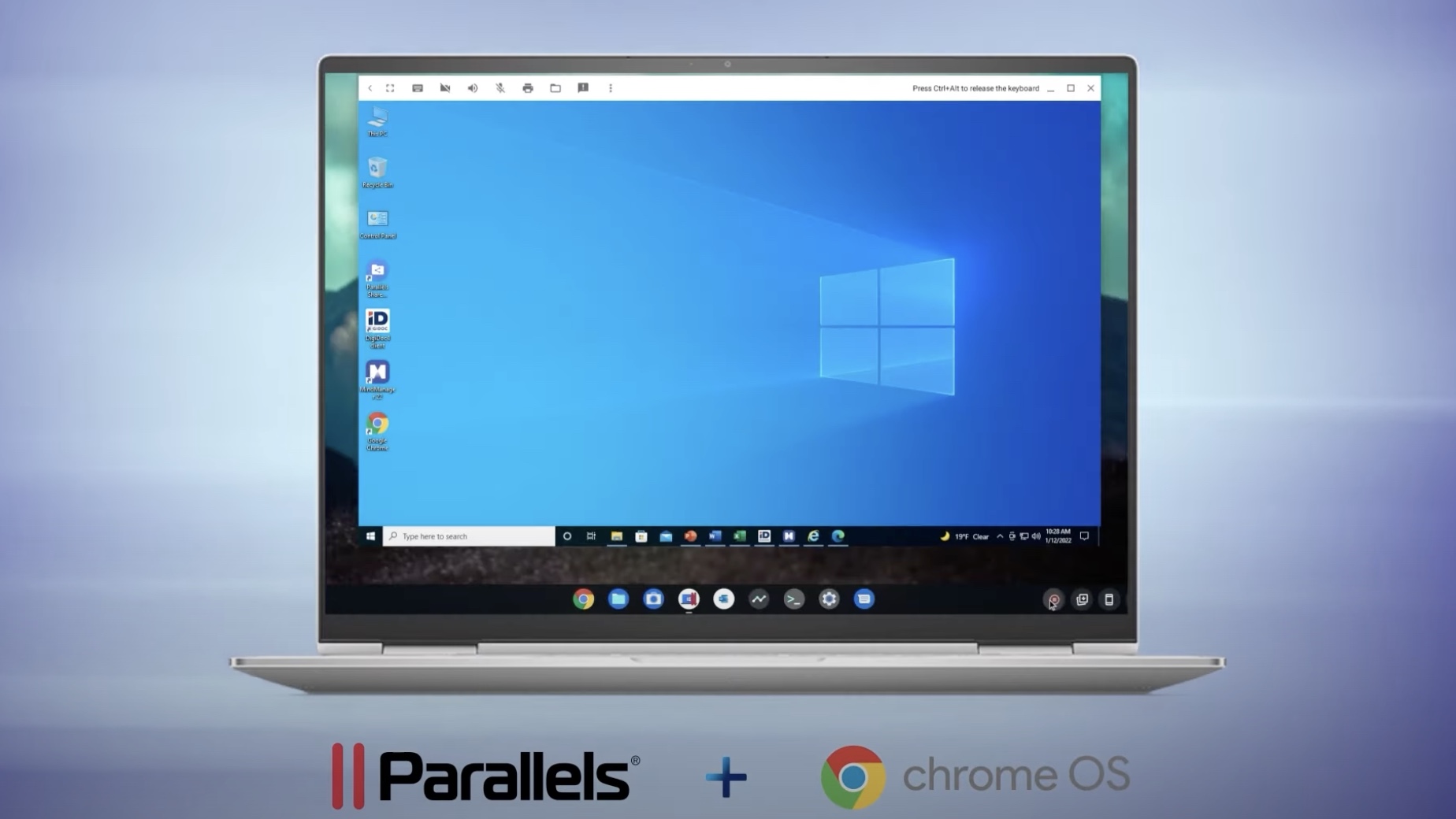
Read more here.
Parallels is a helpful tool that allows operating systems like MacOS to run Windows in a virtual environment. However, this tool, which helps users get the best of both worlds, may soon drop support for Chromebooks.
According to reports, the software has been largely ignored for some time, not receiving an update in about 18 months. The software is reportedly set to be killed by the end of 2024, with users left to find other means of running Windows on their Chromebooks.
It's not clear why this is happening, but it could be a boost for Cameyo, which utilizes Virtual App Delivery (VAD) to bring Windows and Linux apps to ChromeOS. Google announced earlier this year that the Cameyo team was joining the company, which is perhaps a big reason why Parallels support may be ending.
For now, we'll be on the lookout for any updates on the status of Parallels for ChromeOS.
The next Snapdragon looks pretty snappy
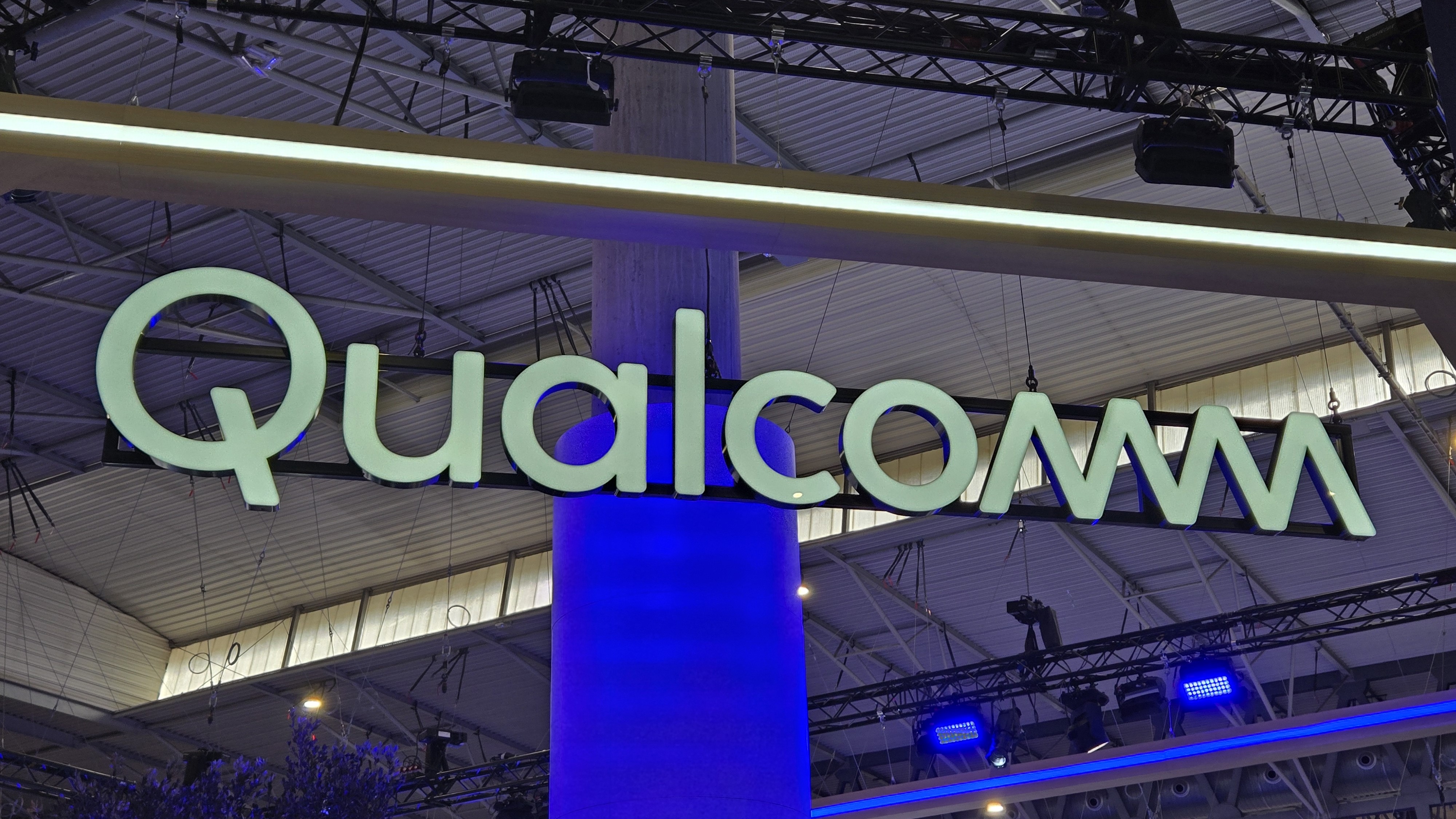
Read more here.
The Snapdragon Summit is fast approaching, with the event taking place later this month. Qualcomm is set to launch its new Snapdragon chip for Android phones, which will be the first to incorporate Oryon cores for a huge boost in performance, like what we've seen with Windows PCs. Ahead of the launch, leaked specs reveal much of what we can expect from the chip.
The leaked document appeared on Baidu, with mentions that the chip will support display resolutions of 3,840x2,560 with up to a 144Hz refresh rate. There will also be UFS 4.0 and support for the "older" LPDDR5X RAM, as opposed to the newer LPDDR6.
The documents also reveal AI features the chip will support as well as camera upgrades, like video recording at 4K 240fps or 8K 60fps, double that of the Snapdragon 8 Gen 3.
According to the leak, the chip will have two variants, one paired with the latest 5G modem (sub-6 and mmWave) and the other Wi-Fi-only. This is likely so that OEMs can purchase a modem separately, which can lead to some savings if they choose an older modem.
Garmin may beat Apple and Samsung to the punch
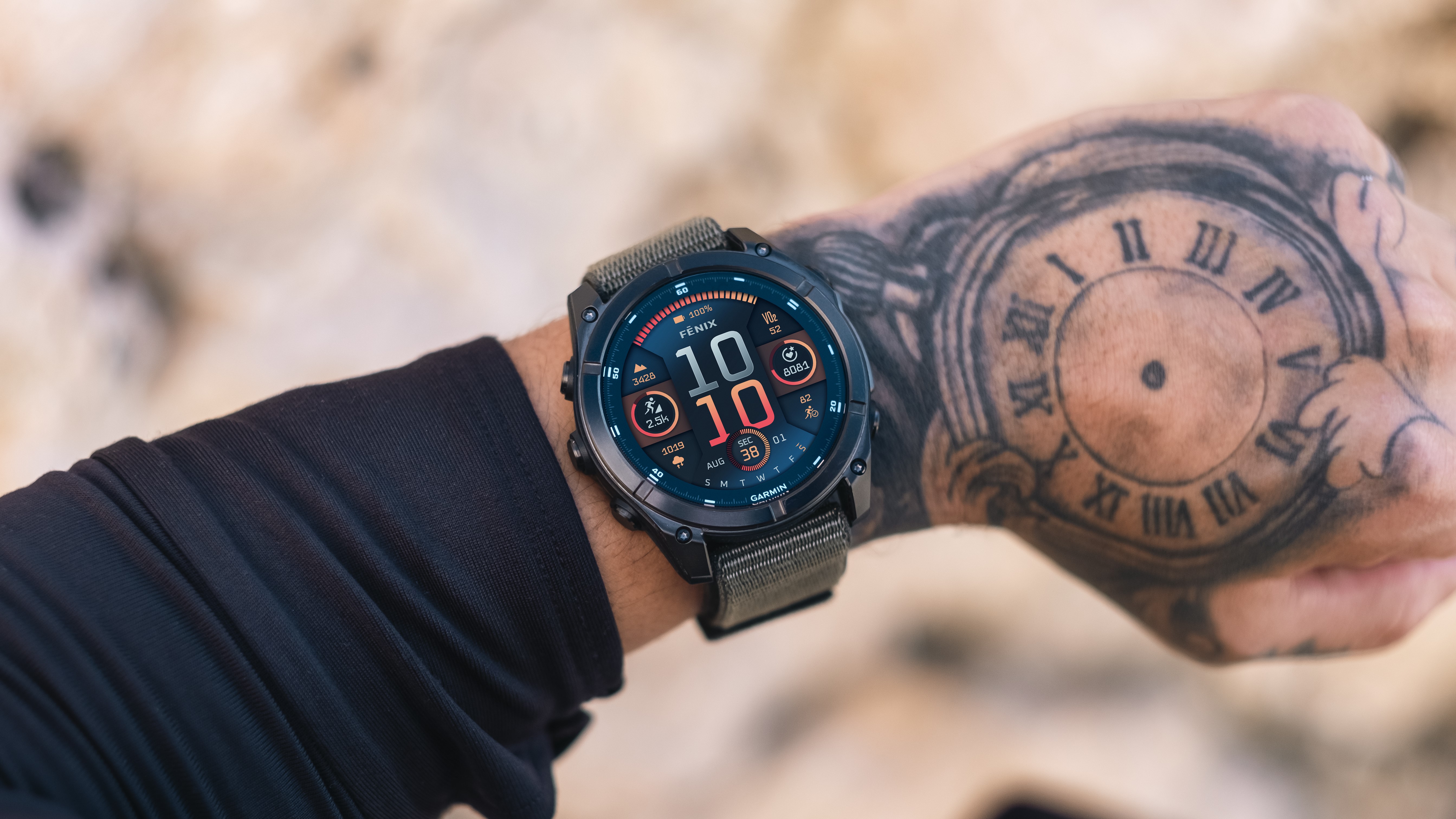
Read more here.
MicroLED is an impressive display tech that could overtake OLED one day, and Garmin seems quite interested in incorporating it into its wearables. According to recent screenshots and leaks, Garmin may be preparing to launch a "Fenix 8 MicroLED," which, as the name implied, would feature a MicroLED display.
MicroLED intends to replicate how OLED displays work but by using microscopic LEDs that can be controlled at the pixel level. This should provide deep, inky blacks while also improving brightness and longevity since these do not use organic materials. However, the tech is still quite expensive, and we mostly only see it in high-end TVs for now, although companies like Samsung are looking to bring it to smaller devices.
Given how expensive the recently-launched Fenix 8 is, a MicroLED variant would be quite costly, likely well over $1000. In fact, one developer claims to have seen and held a prototype, saying that it doesn't look any different but that the watch is apparently "prohibitively expensive" to produce, which makes sense. It is also said to be a "future project," so we may not see the watch any time soon.
Those are some of the biggest stories from this week. Meanwhile, here are some other stories that are worth catching up on:
- Looks like the OnePlus 13 might ditch the Qualcomm chipset we were expecting
- Galaxy Z Flip 6 and Fold 6 are living in the past of Google Play Systems
- Google's theft protection features for Android spotted in global rollout
- WhatsApp is trying to out-cool Instagram with its latest Status updates
- YouTube gets crafty with a 'hidden' skip button for ads, but it's not all bad
- Is Samsung sorry for failing to innovate, or just sorry sales are down?
- Pixel Watch 'fully charged' notifications are finally rolling out widely
- Google Maps and Search are making it easier to find and book parking spots
- Google Photos' AI-powered search is here for a few lucky souls
- OnePlus may have a launch window lined up for its next foldable phone

Derrek is the managing editor of Android Central, helping to guide the site's editorial content and direction to reach and resonate with readers, old and new, who are just as passionate about tech as we are. He's been obsessed with mobile technology since he was 12, when he discovered the Nokia N90, and his love of flip phones and new form factors continues to this day. As a fitness enthusiast, he has always been curious about the intersection of tech and fitness. When he's not working, he's probably working out.
You must confirm your public display name before commenting
Please logout and then login again, you will then be prompted to enter your display name.
